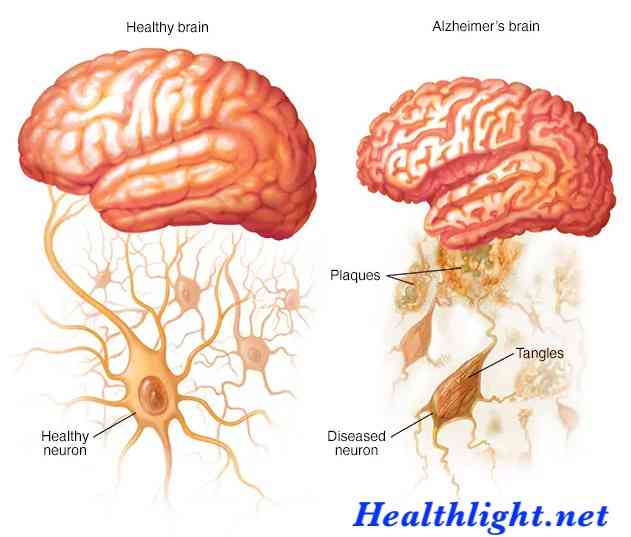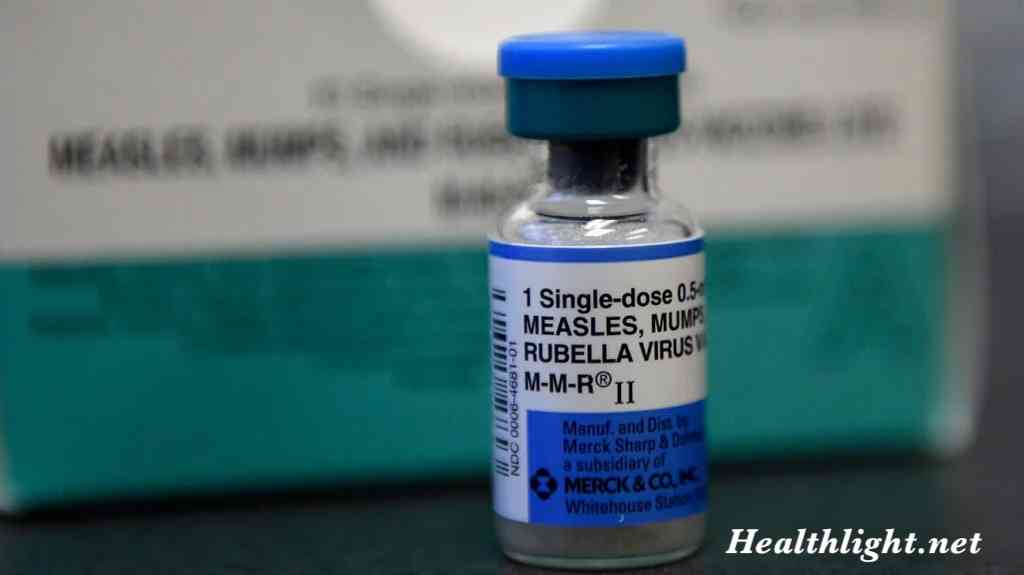Norovirus is one of the most common causes of viral gastroenteritis, often referred to as the “stomach flu.” It spreads quickly in places like schools, hospitals, cruise ships, and restaurants. While the infection is usually short-lived, it can be severe in young children, older adults, and people with weakened immune systems.
In this article, we’ll cover the symptoms, causes, treatment, and prevention of Norovirus in detail.
What Is Norovirus?
Norovirus is a highly contagious virus that affects the stomach and intestines, leading to gastroenteritis. It is not related to influenza (the flu) but causes similar flu-like stomach symptoms. The virus spreads easily through contaminated food, water, surfaces, and close contact with infected individuals.
Symptoms of Norovirus:
Norovirus symptoms usually appear 12 to 48 hours after exposure and can last from 1 to 3 days. The most common symptoms include:
- Nausea and vomiting (often sudden and severe).
- Watery diarrhea.
- Stomach cramps and abdominal pain.
- Fever and chills (low-grade).
- Headache and muscle aches.
- Fatigue and weakness.
- Dehydration symptoms such as dry mouth, dizziness, reduced urination.
In severe cases, dehydration can be life-threatening, especially for young children and elderly patients.
Causes of Norovirus:
Norovirus is extremely contagious and can spread through:
- Contaminated Food or Water: Eating undercooked shellfish or food handled by an infected person.
- Direct Contact: Shaking hands or being in close contact with someone who has the virus.
- Contaminated Surfaces: Touching objects or surfaces that carry the virus and then touching your mouth.
- Crowded Places: Schools, cruise ships, hospitals, and nursing homes are common outbreak locations.
Even a very small number of viral particles can cause infection, which is why outbreaks spread so quickly.
Treatment for Norovirus:
There is no specific medicine or vaccine to cure Norovirus. Treatment focuses on managing symptoms and preventing dehydration.
Home Care Tips:
- Stay Hydrated: Drink plenty of fluids such as water, clear broths, or oral rehydration solutions.
- Rest: Allow your body to recover by getting enough sleep.
- Light Diet: Eat bland foods like rice, toast, bananas, and applesauce once vomiting subsides.
- Avoid Certain Foods: Stay away from alcohol, caffeine, fatty, and spicy foods until recovery.
Medical Care:
Seek medical attention if you experience:
- Severe dehydration (dizziness, dry mouth, little to no urine).
- Persistent vomiting or diarrhea lasting more than 3 days.
- High fever (over 102°F / 38.9°C).
- Blood in vomit or stool.
In some cases, hospitalization may be required for IV fluids and supportive care.
Prevention of Norovirus:
Since there is no vaccine, prevention is key. Follow these steps to reduce your risk:
- Wash hands frequently with soap and water (hand sanitizers are less effective).
- Cook food thoroughly, especially seafood.
- Disinfect surfaces with bleach-based cleaners.
- Wash fruits and vegetables before eating.
- Stay home when sick to avoid spreading the virus.
- Avoid preparing food for others until at least 48 hours after recovery.
Final Words:
Norovirus is a highly contagious stomach virus that causes diarrhea, vomiting, and stomach cramps. While symptoms usually improve within a few days, it can be dangerous if dehydration occurs. With proper hydration, rest, and prevention measures, most people recover without complications.
Staying vigilant about hygiene and food safety is the best defense against this common but unpleasant infection.
.







